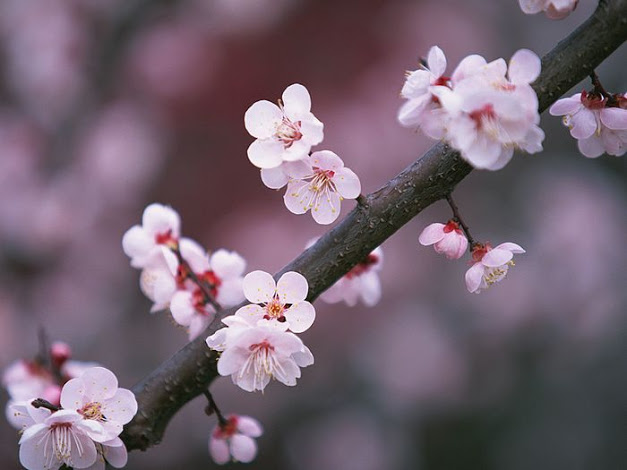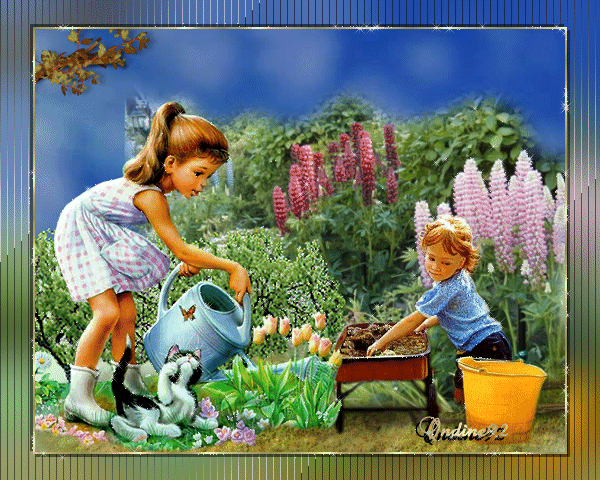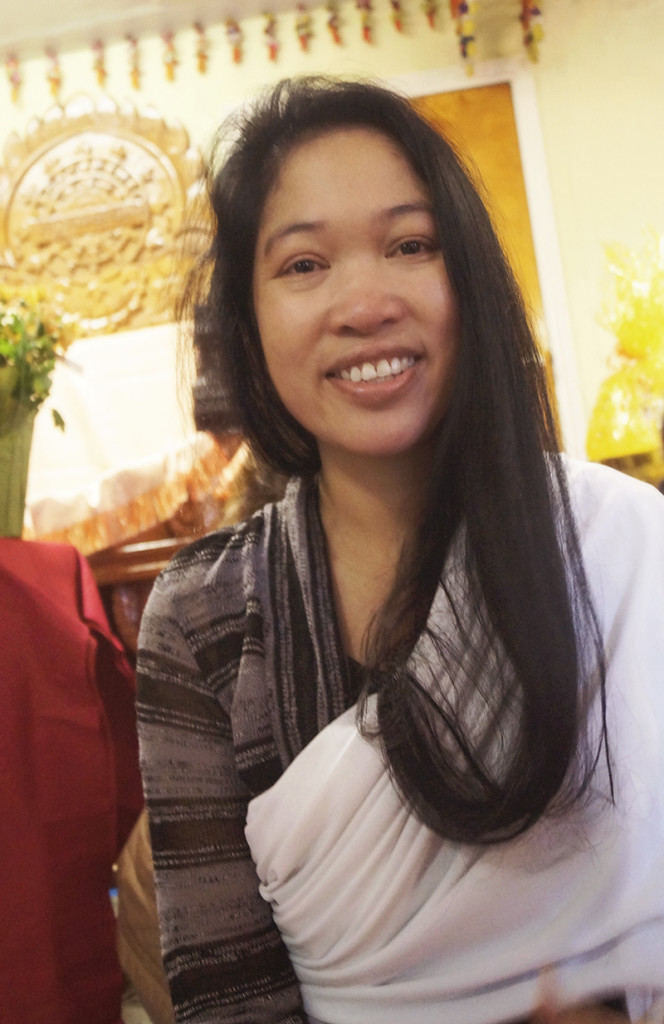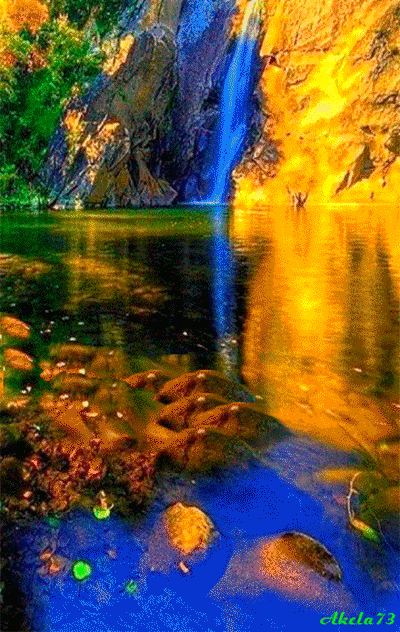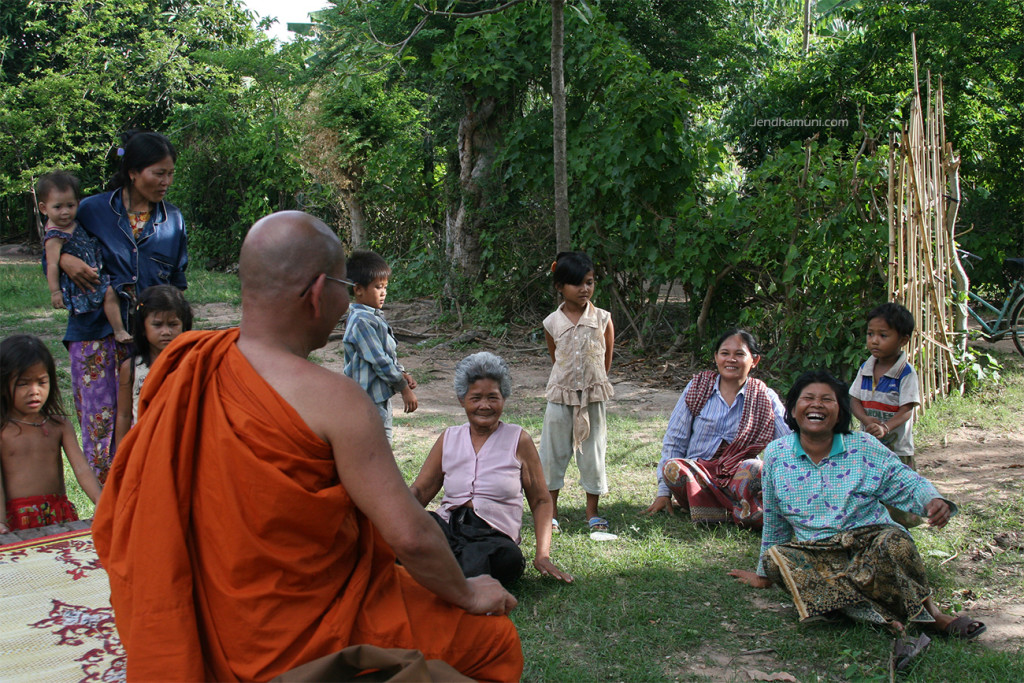~17th Karmapa
Vegetarianism involves many ethical issues, but it is also an issue of environmental protection. Our reliance on meat is a major cause of climate change, deforestation, and pollution. There is no shortage of facts to demonstrate this to us. Roughly 20 percent of the world’s greenhouse gas emissions are caused by animals raised for human consumption. The methane gases emitted by livestock contribute more to climate change than does carbon dioxide. This tells us that if we human beings made a significant shift toward becoming vegetarian, by that shift alone we could dramatically reduce global warming.
As vegetarians, we would also make far more efficient use of what our planet offers us. Vast quantities of feed, water, land, fuel, and other resources are required to sustain livestock – far more than what is needed to produce a vegetarian diet. Studies indicate that the land needed to produce food for one meat-eater could support twenty vegetarians. This demonstrates how much smaller our ecological footprint could be just by giving up meat.
[…]
There is also abundant information about the conditions under which animals raised for our food are living, how they are slaughtered, and what you are eating as a result of that. Even though we know there is intense suffering involved as well as devastating environmental consequences, many people still remain unswayed. Some people have taken note and responded accordingly, but most continue as before, as if nothing harmful were going on. Why?
(From: “The Heart Is Noble. Changing the World from the Inside Out”, pp.97-98)

